Hexaether, thanks for joining us! Let’s kick things off with your name – it’s quite unique. What’s the story behind it?
Thanks for having me! The name came from combining “Hexa,” meaning six, which comes from my real last name, also it represents harmony for me, and “Aether,” which stands for something ethereal, beyond the physical realm. I wanted a name that blends the tangible and intangible, much like how my music combines grounded rhythms with atmospheric soundscapes. And last but not least, the similar sound of hexahedron is no coincidence, just to touch on geometry a bit too.
You’ve only been producing music for a year, yet your tracks feel really polished. What led you to start producing electronic music?
It’s been a wild journey! I started producing as a creative outlet about a year ago. I’ve always been a huge fan of electronic music, especially psytrance and psybient, and one day I decided to give it a shot myself. I had no formal background, so everything has been about learning as I go.
Speaking of your sound, your latest track, ’Mind of God’, has an ambitious theme. What inspired it?
’Mind of God’ was inspired by string theory and the idea that everything in the universe is connected by these tiny vibrating strings of energy. I wanted to capture the vastness of that concept in sound. There’s also a famous Michio Kaku quote that frames the track, delivered through an AI-generated voice modeled after Morgan Freeman. His voice adds this cosmic gravitas that fits perfectly with the theme.
That’s a fascinating mix of science and sound. How did you decide to include AI for the voice in that track?
I thought it would be cool to use AI to bring in a voice that people instantly recognize and associate with deep, thoughtful narration – like Morgan Freeman. His voice adds a layer of authority to the topic, and I felt like it would resonate with listeners, drawing them deeper into the concept of string theory and the track’s atmosphere.
While ’Mind of God’ leans toward psybient, you’ve also released some psytrance tracks. How do you balance the two genres?
Psytrance has a much more energetic, driving vibe compared to psybient, which is more about creating space to think and feel. Tracks like ’Inherent’ and ’Are You?’ reflect my love for the psytrance scene – they’re made for dancing and movement. With psybient, it’s more introspective, like with ’Mind of God’. I like to alternate between the two to explore different emotional and physical spaces.
So is psytrance a bigger influence in your work overall?
Yeah, I’d say psytrance is a huge part of my identity as a producer. More people know me for my psytrance tracks, and the genre’s energy is something I always come back to. There’s something primal about those beats that just grabs people’s attention. But I also love the depth and relaxation of psybient, which is why I keep releasing those kinds of tracks alongside the more upbeat ones.
Your tracks feel deeply immersive. Is there a specific process you follow when producing psybient versus psytrance?
For psytrance, it’s all about creating a rhythm that makes people move – so I focus a lot on the bassline, kick, and a hypnotic, sometimes dissonant groove. With psybient, like in ‘Mind of God’, it’s more about building a soundscape that lets listeners drift. I use softer transitions and more atmospheric elements, and I take my time with the arrangement so that it feels like a journey rather than a destination.
We’ve talked a bit about AI for the voice, but you’ve also used AI for visuals. How does that fit into your work?
I’ve been using AI primarily for visuals – album art, animations, and so on. AI helps me generate ideas I wouldn’t come up with on my own. I still tweak everything, but AI gives me a starting point. For the music, though, I’m keeping things human for now. I want to be fully involved in the sound design process.
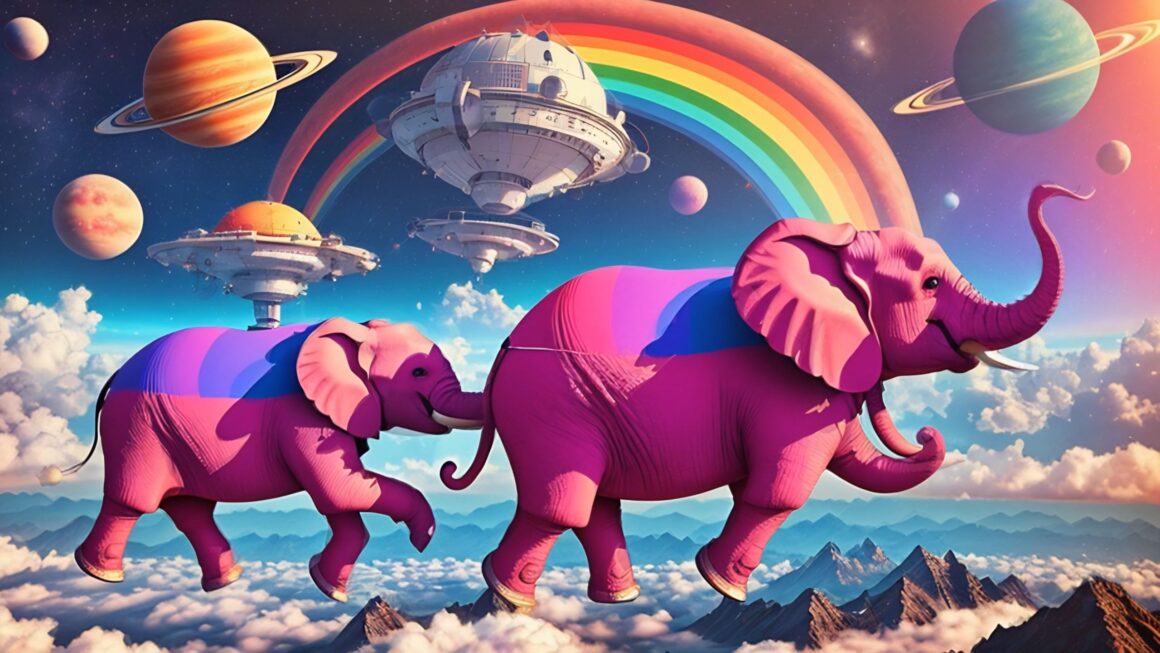
Do the AI-generated visuals influence your music, or is it the other way around?
It’s a bit of both. Sometimes I’ll have a visual idea that inspires a track, but mostly the music comes first, and I use AI to create visuals that match the mood. It’s all about creating a unified experience, where the music and visuals complement each other and tell a cohesive story.
Do you see yourself ever incorporating AI into your music production, or is that something you want to avoid for now?
For now, I’m keeping the music purely my own. There’s something about the imperfections in human-made music that I really like – it gives the tracks personality. Maybe down the line I’ll experiment with AI in sound design, but right now, I’m focused on honing my own skills and learning as much as I can on my own.
You mentioned that more people know you for your psytrance tracks like “Inherent” and “Are You?“. How do those tracks reflect your personal style?
Both of these tracks come from within me, reflecting my feelings and thoughts. I don’t want to make my audience believe that I was born with a love for psytrance, but in recent years it has had an increasing influence on me. I try to combine the fundamental elements of the style with my own ideas, which always results in the final outcome, as in these two cases.
Do you feel like you’ve established your signature sound yet, or are you still experimenting?
I’m still in the experimental phase, for sure. I’ve only been making music for a year, so I’m exploring a lot of different styles within psytrance and psybient. But I think I’m starting to see patterns in how I like to use certain sounds and techniques, so a signature sound might be forming. It’s just going to take more time.
What’s been the biggest challenge in developing your sound so far?
The biggest challenge is the lack of routine and prior training. Music became an active part of my life quite late, and this involves a lot of learning, both from a musical and technical perspective. The latter sticks with me more easily, while the former is a bit harder, but with each passing month, I get better at turning my ideas into sound waves.
It’s impressive that you’ve achieved so much in just a year. How do you stay motivated through the learning curve?
I think the excitement of discovery keeps me going. Every time I sit down to work on a track, I learn something new. And when a piece finally comes together and sounds like what I envisioned, it’s incredibly satisfying. That feeling of progress is what motivates me to keep pushing forward.
What’s next for Hexaether? Do you have any projects in the works?
Of course, I have several unfinished tracks that I’m working on. When inspiration runs dry for one, I set it aside and pick up another. Sometimes, I even merge two into one. But honestly, for now, I’m not making any specific plans ahead of time, nor do I want to put pressure on myself with such things. New ideas keep coming, followed by their execution, and then I watch how my steadily growing audience reacts to them.
Do you see yourself performing live anytime soon?
Not in the immediate future, but it’s something I’m definitely interested in. I’d love to create a live experience that’s more than just a set – something immersive with both music and visuals. It’s a long-term goal, but right now, I’m focused on refining my studio work. But you can find me on Facebook, Instagram, Spoify, YouTube or many else, just Google my name!
It sounds like you’ve got an exciting journey ahead. Thanks for sharing your insights with us, Hexaether!
Thank you! I appreciate the opportunity to reflect on my music and the process so far. I’m excited to see where it goes from here!
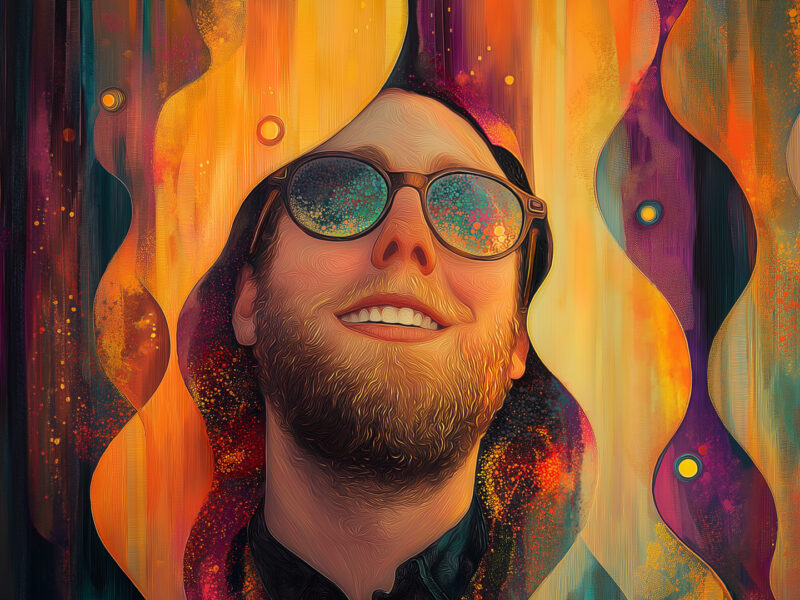
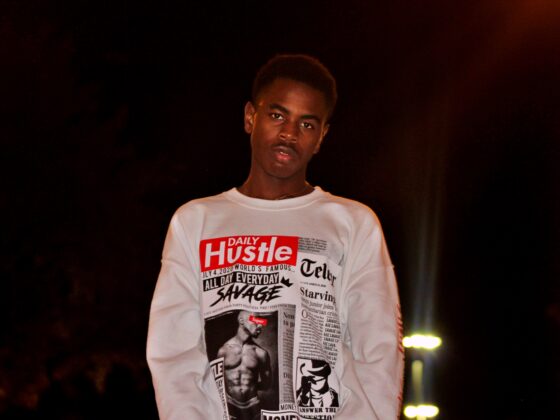
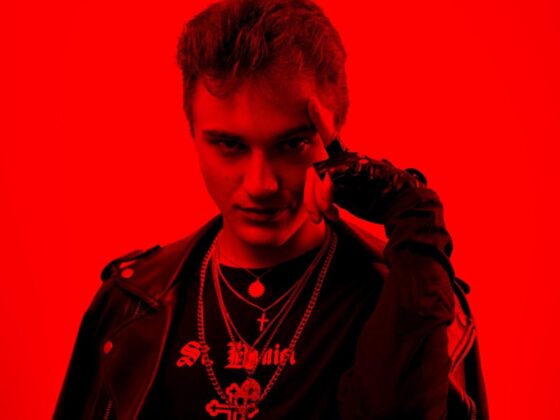



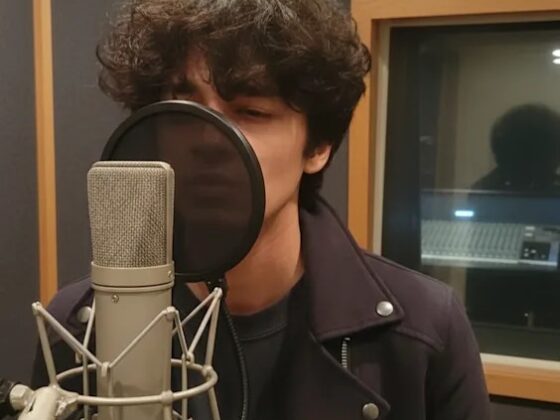


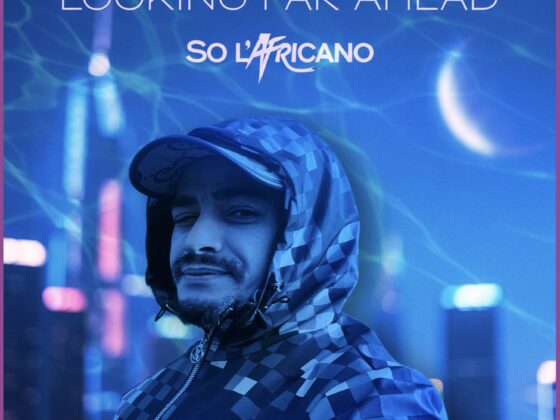
2 comments
I really like it when people get together and share thoughts.
Great website, keep it up!
Thank
you